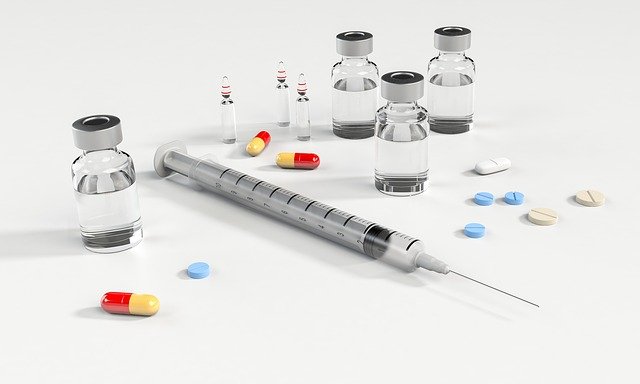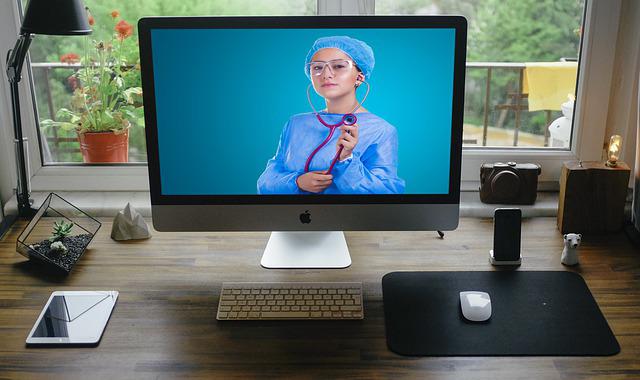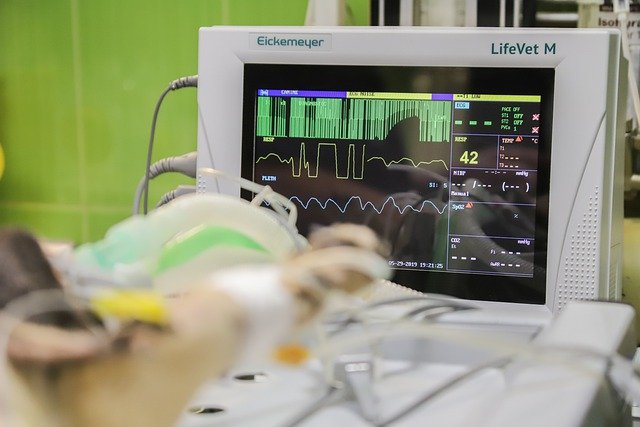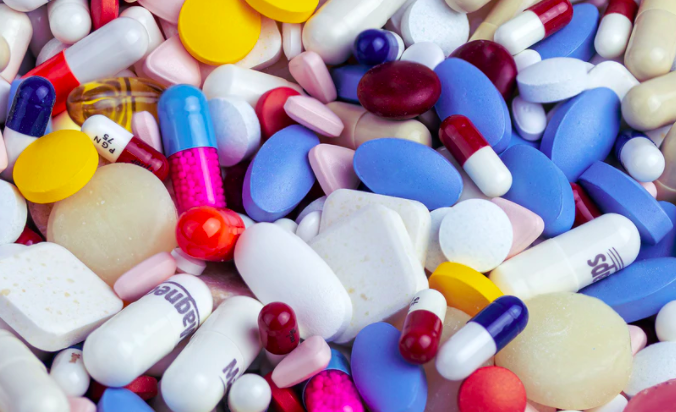For the more than 34 million Americans coping with diabetes, using insulin daily to manage their blood sugar is literally a lifesaver. Unfortunately, insulin prices have more than doubled in recent years, causing some to skip doses or not take insulin at all, putting them at risk for severe complications. The latest figures from the American Action Forum show that the price of insulin rose approximately 14 percent a year between 2012 and 2018, and the costs keep rising.
Pharmaceutical companies that manufacture insulin are being blamed for these price increases, but some experts believe that pharmacy benefit managers (PBMs), who act as brokers between insurance companies and drugmakers, are the problem.
“Pharmacy benefit managers—middlemen hired by insurance companies to manage their prescription drug plans—are driving those list prices up,” asserts Sally Pipes, president and CEO of the Pacific Research Institute, a California-based think tank that favors free markets and opportunity for all individuals.
The Pharmaceutical Care Management Association, the trade group for PBMs, disagrees, stating that it has programs that cap out-of-pocket costs for insulin.
Drug companies are developing several alternatives to insulin. The U.S. Food and Drug Administration (FDA) continues to approve and improve Type 2 diabetes medications and ease dosing regulations for patients to help lower blood sugar, as well as offering these drugs at a lower cost.
On July 28, 2021, the FDA approved the use of the first interchangeable biosimilar insulin product shown to improve glycemic (blood sugar) control in patients with Type 1 and Type 2 diabetes, a development that acting FDA commissioner Janet Woodcock called “a momentous day” for those who rely on insulin, as it has “the potential to greatly reduce health care costs.” Woodcock added that it “ultimately empowers patients by helping to increase access to safe, effective and high-quality medications at potentially lower cost.”
Biosimilars resemble biological products already approved by the FDA, which means they offer the same effectiveness as drugs currently in use, like insulin. These drugs have the potential to reduce healthcare costs and have launched in the U.S. with initial list prices that are 15-35 percent lower than comparative list prices as those already approved.
However, some believe that PBMs will oppose these new treatments out of economic self-interest. An investigation by the Senate Finance Committee in 2019 found that PBMs are complicit in their efforts to raise prices and rebates. Some of the biggest PBMs include Express Scripts, CVS Health, and UnitedHealth Group.
How, exactly, are PBMs involved in drug pricing? After a manufacturer sets the initial price for a medication, a PBM will negotiate with the drugmaker to determine what their clients—health plans’ sponsors, pharmacies, and other middlemen—and ultimately the consumer, actually pays. Because drugmakers want their products to be given preferred status by the PBMs, they offer extensive rebates to them for promoting individual drugs. Sometimes PBMs keep a percentage of the rebates, while other times they return 100 percent to their clients. PBMs typically purchase large quantities of medications from drug manufacturers, so they are in a position to bargain for up-front purchase discounts.
In the summer of 2020, former president Donald Trump signed an executive order designed to rein in prescription drug costs, and President Joe Biden, as part of his Build Back Better agenda, is calling on Congress to address the issue and allow Medicare to negotiate drug prices, greatly reducing costs for millions of Americans. While there has been some difficulty pushing Biden’s plan through, some Democrats are not giving up on provisions to lower prescription drug costs and some states are moving to control insulin and insulin-like drug prices.
The bottom line is that prescription drug costs represent an ongoing challenge. Reducing those costs, especially when it comes to insulin, can in some cases be a life-or-death proposition.






